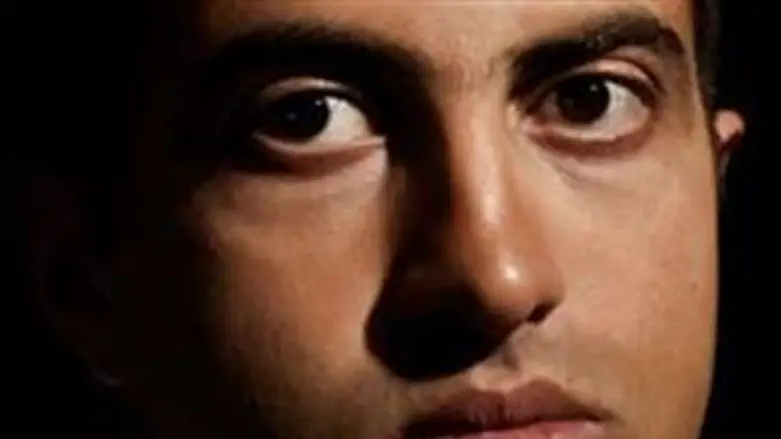
Former Shin Bet spy and “Son of Hamas” Mosab Hassan Yousef faces an immigration judge in San Diego on Wednesday to plead against deportation.
Known by his undercover name, The Green Prince -- green is the signature color of Hamas -- Yousef is the first-born son of one of the founders of the terrorist organization that now controls Gaza. But his subsequent conversion to Christianity, combined with his public admission of helping Israel, marked him as a traitor among his own people.
Yousef would indeed be likely to face death if he returned to Judea and Samaria following the publication of his book, “Son of Hamas,” in which he confessed to collaborating with Israel for a decade.
Former CIA Director James Woolsey agreed, writing in a letter released to the media by Steven Seick, Yousef's attorney, “It is not an exaggeration to say that such an action would set us back years in the war on terrorism. Mosab's deportation would be such an inhumane act it would constitute a blight on American history.”
More than 20 members of Congress also wrote to Secretary of Homeland Security Janet Napolitano this week, warning her that the 34-year-old former spy would be in “grave danger” if the United States deports him.
Ex-Shin Bet officer Gonen Ben-Itzhak, known for years only as “G” or “Captain Loai” went so far as to break his own cover in an attempt to help his former protege. Ben-Itzhak, identified in court papers only as “Loai,” has agreed to testify, and told hundreds of attendees at an awards ceremony last week that Yousef saved hundreds of lives with his actions.
Members of the Knesset Foreign Affairs and Defense Committee have also written to recognize his work for the Shin Bet and to express their thanks, although there has been no official comment from the State of Israel.
Yousef applied to the United States for asylum after arriving in Los Angeles with a tourist visa in January 2007. However, in February 2009, the Department of Homeland Security decided that Yousef was a terrorist danger to the U.S., precisely due to the information he revealed in his book, and initiated deportation proceedings.
The Department quoted passages from the text in court documents shared with the Associated Press by Seick to support its position that Yousef “discusses his extensive involvement with Hamas," which is on the official American list of banned terrorist organizations. Citing an instance in which Yousef identified five suspects in a 2001 suicide bombing, and admitted driving them to safe houses, the Department nevertheless did not offer any further pre-hearing detail about any specific threat the ex-spy might pose to America, according to AP.
Although hearings such as this are generally closed to the public, applicants have the option to allow them to be open. Yousef has welcomed the publicity, noting in his Internet blog that “exposing terrorist secrets and warning the world in my first book cost me everything... and now the country I came to for sanctuary is turning its back.” He has invited anyone who is interested to attend the hearing in San Diego.